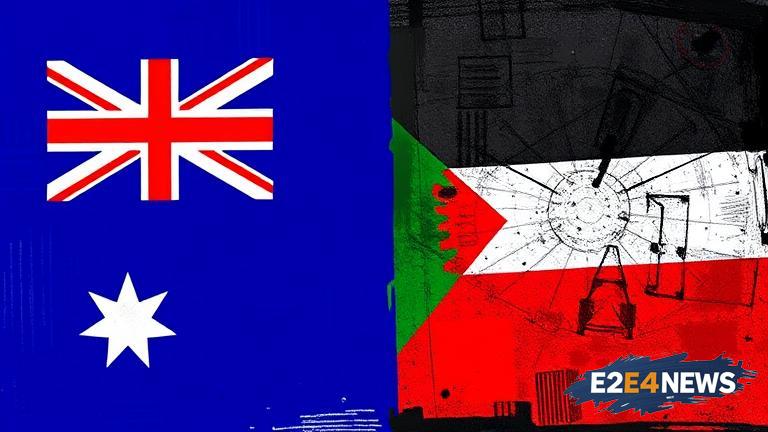In a recent statement, Australian Prime Minister Anthony Albanese expressed concerns over Israel’s actions, which he believes are in direct breach of international law. This comes amidst rising tensions between Israel and Palestine, with the international community increasingly divided on the issue. Albanese’s comments were made in response to queries about Australia’s stance on recognizing Palestine as a sovereign state. While acknowledging the complexities of the situation, the Prime Minister reiterated that Australia has no immediate plans to extend formal recognition to Palestine. This decision is seen as a cautious approach, aiming to balance diplomatic relations with both Israel and Palestine. The Australian government is keen on supporting a two-state solution, which would allow for peaceful coexistence between the two nations. However, the path to achieving this goal is fraught with challenges, including longstanding disputes over territory, security, and governance. The international community, including the United Nations, has consistently advocated for a negotiated settlement, respecting the rights and aspirations of both Israelis and Palestinians. Despite these efforts, the conflict persists, with periodic outbreaks of violence and ongoing human rights concerns. In this context, Australia’s decision not to recognize Palestine at this juncture is likely intended to avoid exacerbating the situation. Instead, the government may be focusing on supporting initiatives that promote dialogue, economic development, and humanitarian assistance in the region. Albanese’s criticism of Israel’s actions, nonetheless, signals Australia’s commitment to upholding international law and protecting human rights. The Prime Minister’s stance has been welcomed by Palestinian advocates, who see it as a step towards greater accountability and a more balanced approach to the conflict. Conversely, Israeli officials have expressed disappointment, arguing that Australia’s position undermines efforts to negotiate a peaceful resolution. As the situation continues to unfold, Australia’s role in promoting a just and lasting peace in the Middle East will be closely watched. The country’s historical ties with Israel, coupled with its growing engagement with the Arab world, position it as a potential facilitator of dialogue and cooperation. However, the complexities of the conflict, combined with the need to balance competing interests and priorities, will require careful navigation. In the meantime, the Australian government will likely face ongoing pressure from various stakeholders, including human rights groups, community organizations, and parliamentary colleagues. The issue of Palestinian statehood remains a deeply contentious and emotive topic, with implications extending far beyond the region itself. As such, Australia’s response will be scrutinized not only in the Middle East but also globally, reflecting the country’s reputation as a responsible and engaged international actor. Ultimately, the path forward will require a sustained commitment to diplomacy, creativity, and perseverance, as well as a willingness to confront the underlying challenges and injustices that have fueled the conflict for so long. By adopting a principled and nuanced approach, Australia can contribute to a more peaceful and equitable outcome, one that respects the rights and dignity of all parties involved.
